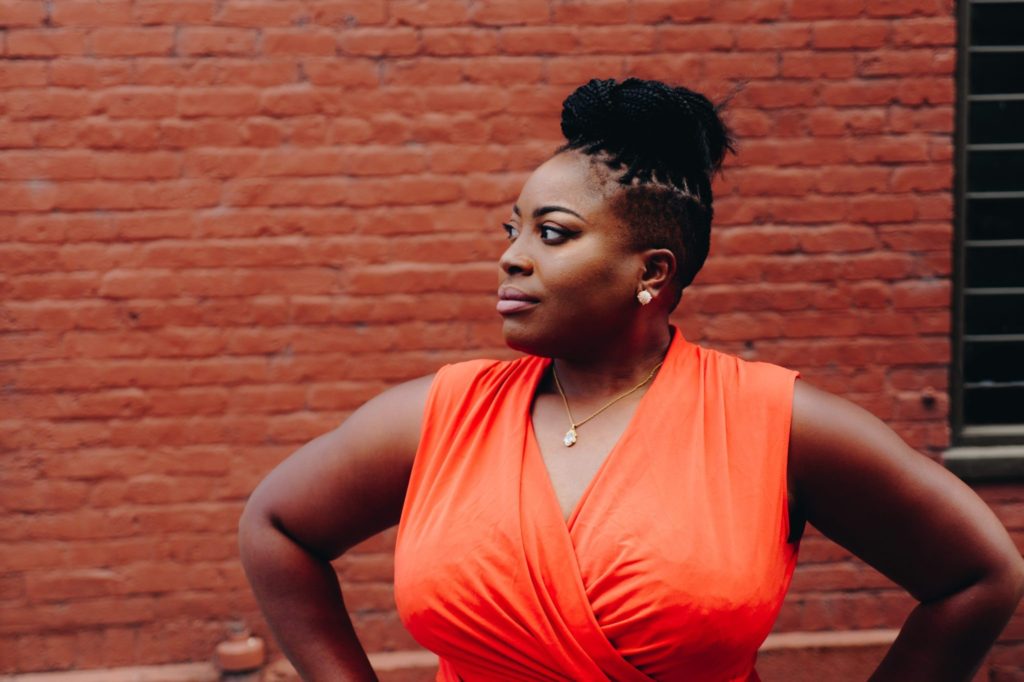Today, we work hard to make all things positive. We pass out trophies for participation, we celebrate 5th place, we promote the promise that everyone is special. This mentality also has allowed women who are overweight the opportunity to celebrate what might turn out to be an unhealthy lifestyle.
The term BBW (Big Beautiful Woman) was born by Carole Shaw in 1979, when she launched BBW Magazine, a fashion and lifestyle magazine for “plus-size” women. The magazine trademarked Big Beautiful Woman and BBW, which was later transferred to Dimensions Magazine.
The idea of being a BBW is to accept yourself for what you are — to love and appreciate yourself at the size you are. BBW women are typically plus-sized women who are above average in Body Mass Index (BMI). BMI is a person’s weight in kilograms divided by the square of your height in meters. A high BMI can be an indicator of high body fatness. BMI can be used to screen for weight categories that may lead to health problems, but it is not an actual diagnostic for body fatness or the health of an individual.
Women come in all different shapes and forms and that should be celebrated. Everyone has a different metabolism and depending on activity and eating habits, every woman will have a different journey when discussing her body.
Let’s not forget the hormonal differences for women. Women and hormones have always been a factor in unexplained weight gain or simply working to control or maintain a certain size. But BBW describes a different phenomenon. Being a BBW woman today might mean that you are working to carry and hold on to a few extra pounds in the right areas to attract or please your partner.

THIS VS THAT
The discussion of whether being a BBW is healthy can cut both ways. There are some diet experts who suggest that struggling with a yo-yo diet can be bad for a woman who is trying to lose weight. Women who struggle with weight loss sometimes will work to maintain a healthy diet, instead of working to lose weight. Maintaining a natural consistent weight might mean you are bigger, or it could mean that you are smaller. Body types are different for everyone.
The celebration of being a BBW has even become competitive. There are BBW beauty pageants where plus-size women compete to earn prizes and stature.
Golda Poretsky, a health and wellness coach, doesn’t look like most women in her profession. She’s a fat activist and health coach for plus-size women — just like herself. Her mission is to empower plus-size women to live their best, most joyful lives, free of stress and shame over what they eat and what they weigh. She feels it’s better for women to love themselves for who they are and stop trying to lose the extra weight.
There are certain aspects of carrying extra weight that can be helpful. Overweight people over age 85 might live longer than normal-weight peers, researchers at Tel Aviv University found early this year, because obesity might protect seniors’ bones from potential fractures or breaks due to falls. Extra weight can also provide energy reserves in times of stress.
Oxford University researchers found that adults with pockets of lower-body fat in the buttocks and thighs might have a reduced risk of diabetes and heart disease because this type of fat traps the potentially harmful fatty acids that can travel through the bloodstream.
UNDERSTANDING VISCERAL BODY FAT
A type of fat called visceral fat is stored in the abdominal cavity and can surround vital organs like the pancreas, liver, and intestines. Visceral fat makes up only about 10% of a person’s body fat, but a 2016 study in the Journal of the American College of Cardiology found that increases in visceral fat can increase heart disease risk factors, such as blood pressure, blood sugar, and total cholesterol levels.
Researchers have also found that too much visceral fat can cause Alzheimer’s, type 2 diabetes and stroke, as well as inflame body tissues and organs and narrow blood vessels causing one’s blood pressure rise dangerously.
THE HEAVY COST OF BEING BBW
While being BBW might be considered socially acceptable, the physical burden of carrying the extra weight can produce adverse medical outcomes for women who do not maintain a healthy waistline. The number one killer of Black women in America is heart disease, which develops when a woman’s BMI is out of control.
Additionally, women suffering from obesity often have reduced lifespans because the extra weight puts added stress on all the body’s organs and systems.
Black women must also consider their family history in the extra weight equation. If a woman comes from a family with a history of heart disease or diabetes, she will need to pay extra close attention to her weight and BMI. Gaining five pounds is not an issue, but over that could become problematic. Something else to be aware of is that, because of the COVID-19 pandemic, many people gained weight over the past year.
So, the bottom line is, make sure you visit your doctor, find out what your ideal body weight is, take the necessary steps to create a happier and healthier life, and then celebrate!


